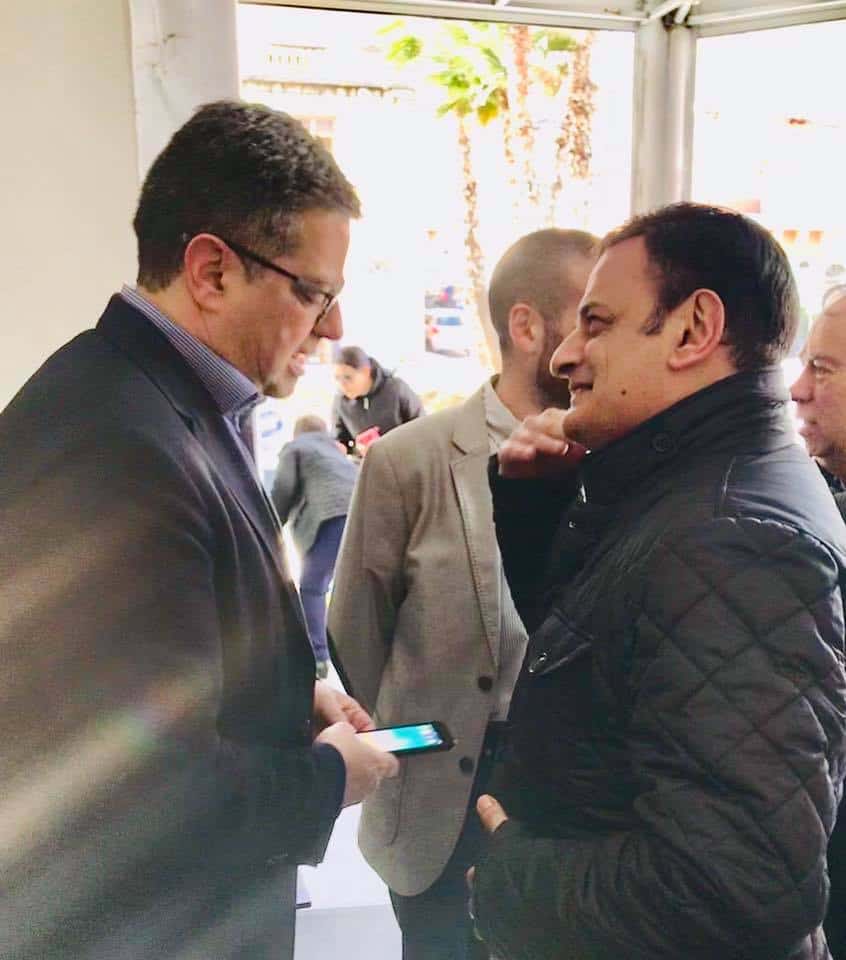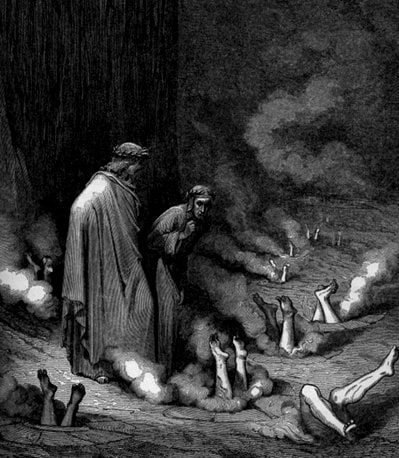
Melvyn Theuma made a reference to something during his testimony today to the public inquiry into the killing of Daphne Caruana Galizia that the judges did not delve deeper in. I think we should.
Here’s from the Times of Malta’s live blog on what was said:
“(Melvyn Theuma) recalls (Yorgen) Fenech mentions [MEP] David Casa and saying the MEP was hounding him over [secret Dubai company] 17 Black. ‘He once told me that he had offered the PN money to ensure Casa was not re-elected,’ Theuma says. Theuma says it was clear there was ‘something bad’ with 17 Black, but that he never asked Fenech about it despite it being on the news.”
Let’s start with what we know. We’ve heard something to this effect before. Let’s remember the sequence of events.
In October 2018, Yorgen Fenech was identified by Reuters and the Daphne Project as the owner of 17 Black. 17 Black had, the previous April, been identified as one of two companies Nexia BT named as sources for Hearnville and Tillgate of payments of 5,000 euro a day for unspecified services. Hearnville and Tillgate were set up in Panama in 2013 for Keith Schembri and Konrad Mizzi.
In April 2019 we learnt from a Times of Malta report that PN MPs Kristy Debono and Herman Schiavone met Yorgen Fenech in his Portomaso office ostensibly to ask for a “sponsorship” for a conference they were organising. In spite of protestations of innocence, accident or triviality, people with an inch of decency in them were shocked to see the opposition party asking anything of a man suspected of bribing politicians from the government party. Eventually, Kristy Debono would give up her official role in the PN and both her and Herman Schiavone would leave the orbit of Adrian Delia.
In May 2019, an election was held for the European Parliament. The Nationalist Party secured 2 of 6 seats with the election of Roberta Metsola and David Casa. David Casa particularly had, in the months preceding his re-election, campaigned to pressure the authorities to take action on people exposed for corruption by Daphne Caruana Galizia. In the months between October 2018 and May 2019 his campaigning focused on Yorgen Fenech and his relationship with Keith Schembri and Konrad Mizzi.
However, the leadership of the Nationalist Party made it amply clear that David Casa was far from its favourite candidate. The leadership promoted heavily the candidature of Frank Psaila and sought to elbow out David Casa as part of the PN’s effort to undermine the campaign for justice for Daphne Caruana Galizia. The effort to oust David Casa proved unsuccessful and the MEP was re-elected.
Globally, however, the result secured by the PN in the May 2019 EP elections was nothing better than catastrophic suffering the biggest vote gap in comparison with the Labour Party in 70 years. Members of the PN general council collected signatures and forced on the party a confidence motion in the party leader which was scheduled for July 2019.
In the run-up to that vote, TVM’s Xarabank hosted a question and answer session between Adrian Delia and some of his critics. The TV show was broadcast a year ago on the 7 June and one of those asking the questions was David Thake. At the time David Thake had distanced himself from the PN, though he has since contested a casual election and is now a member of the PN’s parliamentary group.
On that show David Thake asked Adrian Delia the toughest and strangest question. In the question he suggested that Yorgen Fenech offered the PN a payment of €50,000 to ensure David Casa was not re-elected to the European Parliament. “Are you prepared to ensure that the PN is not controlled by Yorgen Fenech, to ensure it does not continue to fight against corruption like 17 Black?” David Thake asked Adrian Delia. “Offering money to someone who controls an electoral campaign is extremely serious,” he said. He pointed the finger at Adrian Delia’s “close advisors” Pierre Portelli and Kristy Debono, saying they were close to Yorgen Fenech.
On the spot Adrian Delia denied the suggestion. Pierre Portelli and Kristy Debono would deny it soon after.
Yorgen Fenech also stepped into the fray. In one of his rare forays into the media he categorically denied paying money to have David Casa cast aside. He sounded particularly concerned with the workings of democracy at the time.
“[David Thake] alleged I issued a payment to influence the election of a particular candidate in the European Parliamentary election. He accused me without any proof of an attempt to unduly influence a democratic electoral process. I would like to make it very clear and in no uncertain terms that this is a figment of his imagination. It is in an invention and a lie,” Yorgen Fenech said in a statement. He invited David Thake to either substantiate his claims, “which he cannot do as they are the fruit of his own imagination” or to do the “right thing” and withdraw the statement. “Failure to do so will expose his flippant and deceitful dishonesty.”
This was before he was arrested and charged with murder when Yorgen Fenech will have had some difficulty in accusing anyone of flippant and deceitful dishonesty. In any case, David Thake produced no further evidence to back his claim and the matter seemed to end there.
This morning the matter came up again. Melvyn Theuma testified Yorgen Fenech told him he had offered money to get David Casa removed.
It is time to ask three questions of the Nationalist Party.
First, did Adrian Delia stay in touch with Yorgen Fenech after October 2018? Was there any communication between the two of any form? Did they exchange messages, smoke signals, homing pigeons or any other forms of communication that could permit the sophistry that they did not meet face to face?
Irrespective of what they spoke about, any form of communication of a politician with someone suspected of bribing politicians is simply unacceptable.
Second, did Yorgen Fenech make any payment of any sort to the Nationalist Party or to Adrian Delia or any of the PN’s candidates after October 2018? Stating that such a payment was not attached to any commitment to push David Casa aside is no reassurance. Accepting money from someone believed to have bribed other politicians is unacceptable under any circumstance.
Third, did the Nationalist Party or Adrian Delia or any of the PN’s candidates in the EP election of 2019 consider a pledge from anyone to exchange money for their policy or their conduct in respect of the election of a candidate to a parliament?
Let’s spell this out.
Simony is a canonical crime. The word comes from a minor character in the Acts of the Apostles, Simon Magus, who offered to pay money in exchange for the power to do miracles. He lent his name to the crime of offering or seeking earthly rewards for religious office: say paying a king to be made a bishop, or paying cardinals to be made a pope. Dante had a special place in hell reserved for simonists, shoved, headfirst, into holes set in the ground, while having their feet set on fire. It’s safe to say he did not approve.

Subjecting the election to parliament of a candidate over another to the consideration of financial reward is the secular and democratic equivalent of simony, and just as grave. The whole point of democracy is that everyone – the smart and the idiotic, the old and the young, the man and the woman, the rich and the poor – gets only one vote. It’s not a system without defects but it’s far better than getting Yorgen Fenech to decide who gets to be an MEP.
If anyone in the PN even contemplated being complicit in this, they must be banished from the democratic game for the crime of having attempted to subvert it.
I think it’s time we got some clear answers.